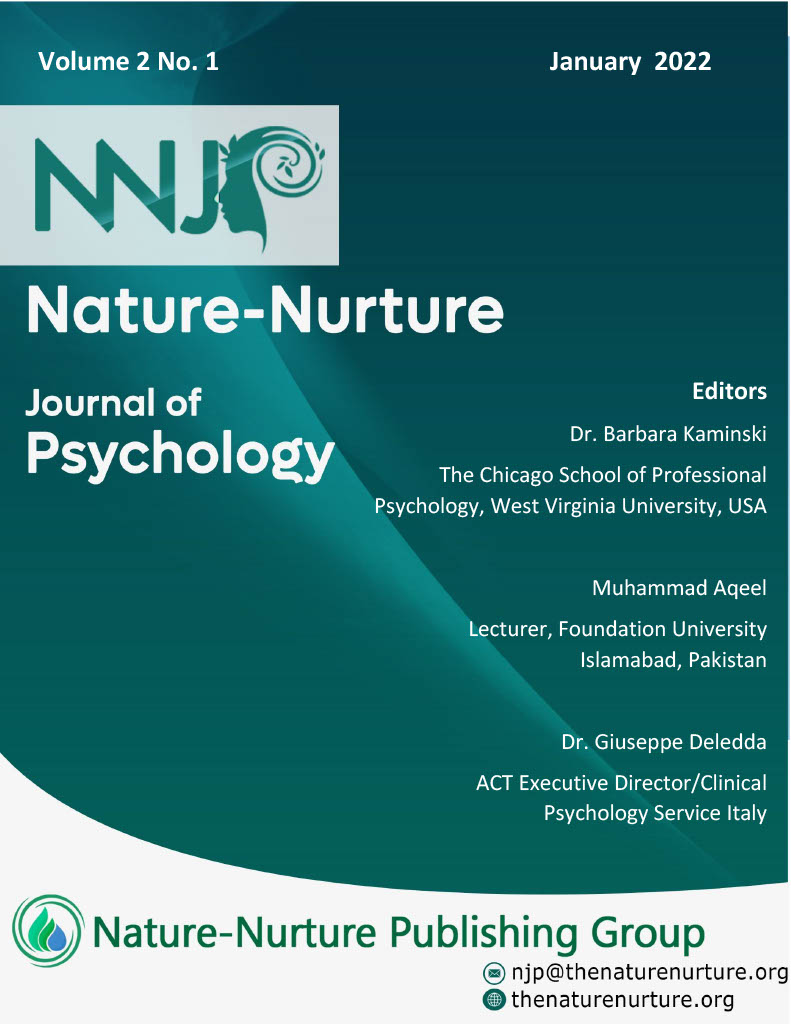Abstract
Background: The bystander effect, the reduction in helping behavior in the presence of other people, has been explained predominantly by situational influences on decision making. There is a lack of a scale quantifying the possibility of an individual intervening upon noticing peoples. The purpose of the present study was to develop and establish the reliability and validity of bystander effect scale in Pakistani students’ population.
Methods: The proposed instrument, the bystander effect scale for university students, is a 12-item self-reported questionnaire that was developed based on present and existing bystander theory. A cross-sectional research design and purposive sampling technique was used to perform this preliminary study. Five hundred university students (Male, n = 250; Female, n= 250) with age ranged between from 18 to 30 years (M = 21.31, SD = 10.67) were included from different public and private university of Rawalpindi and Islamabad from January 2021 to July 2021.
Results: Exploratory factor analysis was used to explore the underlying factor structure of bystander effect scale in Pakistani university students. Exploratory factor analysis was suggested three key factors for the proposed scale: (1) Fear of retaliation; (2) Emotional apathy; (3) Indecisiveness towards responsibility or Delegation of responsibility.
Conclusions: This study provided a preliminary scale to examine bystander effect in Pakistani university students. The results of present study also demonstrated that newly indigenous developed scale was reliable and valid scale for measurement of bystander behavior in university students.
Copyright and Licensing
All articles published in the Nature-Nurture Journal of Psychology are made freely and permanently accessible online immediately upon publication, without subscription charges or registration barriers.
Authors retain the copyright of their work and grant the journal the right of first publication. Articles are published under the terms of the Creative Commons Attribution 4.0 International License (CC BY 4.0), which permits unrestricted use, distribution, and reproduction in any medium, provided the original work is properly cited.
To view a copy of this license, visit https://creativecommons.org/licenses/by/4.0/

